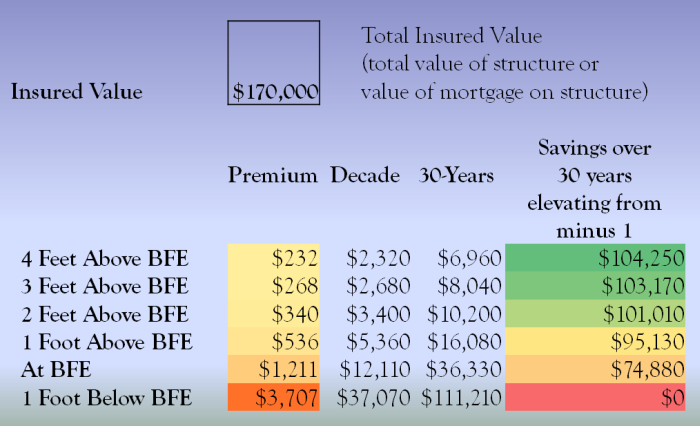Entire life and universal life insurance are both considered permanent policies. That implies they're developed to last your entire life and won't end after a particular time period as long as required premiums are paid. They both have the potential to accumulate money worth over time that you might be able to borrow versus tax-free, for any reason. Since of this feature, premiums may be higher than term insurance. Entire life insurance policies have a fixed premium, implying you pay the very same quantity each and every year for your coverage. Similar to universal life insurance coverage, whole life has the possible to build up cash value over time, creating an amount that you might have the ability to obtain against.
Depending upon your policy's possible money value, it might be utilized to avoid a premium payment, or be left alone with the possible to accumulate value in time. Possible development in a universal life policy will vary based on the specifics of your individual policy, in addition to other elements. When you buy a policy, the releasing insurance coverage business establishes a minimum interest crediting rate as laid out in your agreement. However, if the insurer's portfolio earns more than the minimum interest rate, the company may credit the excess interest to your policy. This is why universal life policies have the possible to make more than a whole life policy some years, while in others they can make less.
Here's how: Since there is a cash worth element, you may have the ability to skip exceptional payments as long as the money value suffices to cover your needed costs for that month Some policies might enable you to increase or decrease the death advantage to match your specific situations ** In most cases you may obtain against the cash value that might have accumulated in the policy The interest that you may have made gradually collects tax-deferred Entire life policies offer you a fixed level premium that will not increase, the possible to collect cash value gradually, and a fixed death benefit for the life of the policy.
As an outcome, universal life insurance premiums are generally lower throughout durations of high rates of interest than whole life insurance premiums, often for the same amount of protection. Another key distinction would be how the interest is paid. While the interest paid on universal life insurance coverage is frequently adjusted monthly, interest on an entire life insurance coverage policy is typically changed each year. This might suggest that during durations of increasing rates of interest, universal life insurance coverage policy holders might see their money values increase at a quick rate compared to those in entire life insurance coverage policies. Some individuals may choose the set death benefit, level premiums, and the capacity for development of an entire life policy.
Although whole and universal life policies have their own special functions and advantages, they both concentrate on supplying your enjoyed ones with the cash they'll require when you pass away. By working with a certified life insurance representative or business representative, you'll have the ability to choose the policy that best meets your private needs, budget, and monetary objectives. You can also get afree online term life quote now. * Offered necessary premium payments are timely made. ** Boosts may be subject to extra underwriting. WEB.1468 (What is term life insurance). 05.15.
Top Guidelines Of How To Get Rid Of Mortgage Insurance
You do not have to think if you must enlist in a universal life policy because here you can find out everything about universal life insurance benefits and drawbacks. It resembles getting a preview prior to you buy so you can decide if it's the ideal type of life insurance for you. Check out on to learn the ups and downs of how universal life premium payments, cash value, and death advantage works. Universal life is an adjustable kind of permanent life insurance coverage that allows you to make changes to two primary parts of the policy: the premium and the survivor benefit, which in turn affects the policy's money worth.

Below are some of the total advantages and disadvantages of universal life insurance. Pros Cons Designed to offer more versatility than entire life Does not have the guaranteed level premium that's readily available with whole life Cash value grows at a variable interest rate, which might yield higher returns Variable rates likewise suggest that the interest on the cash value could be low More chance to increase the policy's cash worth A policy normally requires to have a favorable cash worth to remain active One of the most attractive features of universal life insurance coverage is the ability to pick when and how much premium you pay, as long as payments meet the minimum quantity required to keep the policy active and the IRS life insurance standards on the optimum quantity of excess premium payments you can make (How to get health insurance).
However with this versatility also comes some drawbacks. Let's review universal life insurance coverage pros and cons when it comes to changing how you pay premiums. Unlike other kinds of permanent life policies, universal life can adapt to fit your monetary requirements when your capital is up or when your budget plan is tight. You can: Pay higher premiums more frequently than needed Pay less premiums less typically or perhaps skip payments Pay premiums out-of-pocket or use the cash value to pay premiums Paying the minimum premium, less than the target premium, or skipping payments will adversely affect the policy's cash worth.
